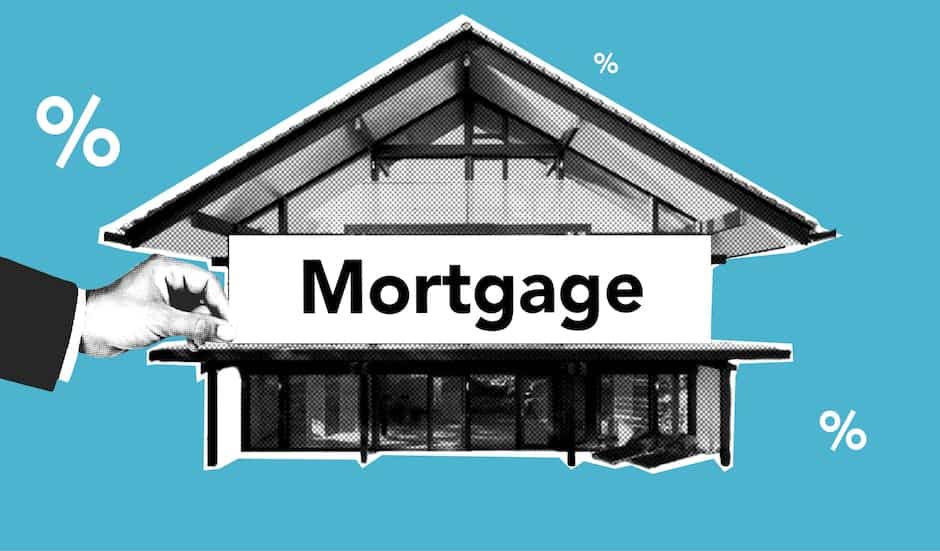
How to Use a Business Credit Card for Real Estate Investments
Real estate investing is a popular and lucrative way to build wealth. One lesser-known strategy for financing these investments is using a business credit card. In this article, we will explore the benefits and drawbacks of using a business credit card for real estate investments, as well as provide tips and examples to help you make the most of this financing option.
What is a Business Credit Card?
A business credit card is a financial tool designed specifically for businesses, including real estate investors. These cards offer various benefits, such as higher credit limits, rewards programs, and expense tracking features. Business credit cards can be an excellent resource for real estate investors looking to finance their investments, manage cash flow, and maximize returns.
Benefits of Using a Business Credit Card for Real Estate Investments
- Higher credit limits: Business credit cards often have higher credit limits than personal cards, allowing investors to finance larger purchases or multiple properties.
- Rewards and cashback: Many business credit cards offer rewards programs, such as cashback or travel points, which can be used to offset investment expenses or fund future investments.
- Expense tracking: Business credit cards often come with expense tracking features, making it easier to monitor and manage investment-related expenses.
- Build business credit: Using a business credit card responsibly can help build your business credit, which can lead to better financing options in the future.
- Tax benefits: Business credit card expenses can often be deducted as business expenses, reducing your taxable income and potentially saving you money on taxes.
Drawbacks of Using a Business Credit Card for Real Estate Investments
- Higher interest rates: Business credit cards often have higher interest rates than personal cards, which can increase the cost of financing if you carry a balance.
- Personal liability: Some business credit cards require a personal guarantee, meaning you may be personally responsible for any unpaid debt on the card.
- Impact on personal credit: If your business credit card activity is reported to personal credit bureaus, it could impact your personal credit score.
- Less consumer protection: Business credit cards are not subject to the same consumer protection laws as personal cards, which could leave you more vulnerable to unfair practices.
How to Use a Business Credit Card for Real Estate Investments
1. Choose the Right Card
Research and compare various business credit cards to find the one that best suits your needs. Look for cards with low interest rates, high credit limits, and rewards programs that align with your investment goals. Additionally, consider cards that offer introductory interest-free periods or balance transfer promotions to help minimize financing costs.
2. Use the Card for Investment-Related Expenses
Use your business credit card to pay for expenses related to your real estate investments, such as property management fees, maintenance costs, and marketing expenses. This will help you track and manage your investment expenses more efficiently, as well as maximize rewards and tax benefits.
3. Pay Off Your Balance in Full Each Month
To avoid high interest charges, aim to pay off your business credit card balance in full each month. This will also help you build a strong business credit history, which can lead to better financing options in the future.
4. Leverage Rewards and Cashback
Take advantage of your card’s rewards program by redeeming points or cashback to offset investment expenses or fund future investments. For example, you could use travel rewards to attend real estate conferences or cashback to cover property management fees.
5. Monitor Your Credit Utilization
Keep an eye on your credit utilization ratio, which is the percentage of your available credit that you’re using. A high credit utilization ratio can negatively impact your credit score, so aim to keep it below 30% to maintain a healthy credit profile.
Real-Life Examples of Using a Business Credit Card for Real Estate Investments
Example 1: A real estate investor uses their business credit card to purchase materials for a property renovation. They pay off the balance in full each month, avoiding interest charges and building their business credit. The investor also earns cashback on their purchases, which they use to offset future renovation expenses.
Example 2: A property manager uses their business credit card to pay for property management software, marketing materials, and tenant screening services. They take advantage of their card’s rewards program by redeeming points for travel to attend industry conferences and networking events.
Conclusion
Using a business credit card for real estate investments can be a smart financing strategy, offering benefits such as higher credit limits, rewards programs, and expense tracking features. However, it’s essential to weigh the potential drawbacks, such as higher interest rates and personal liability. By choosing the right card, using it responsibly, and leveraging rewards and cashback, real estate investors can maximize the benefits of using a business credit card to finance their investments and grow their portfolios.